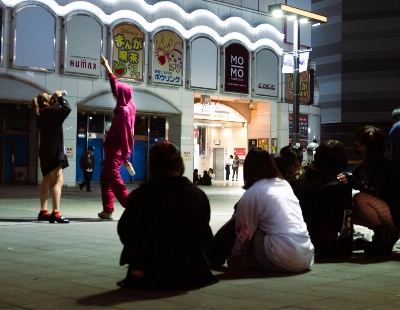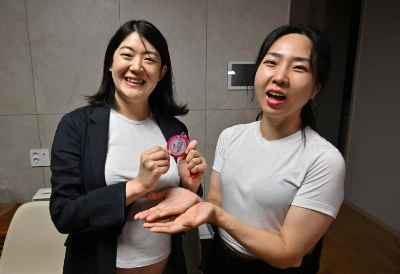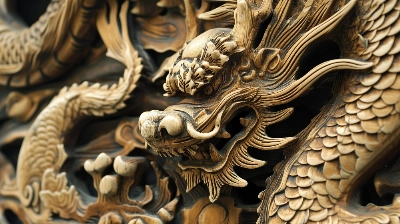A group of researchers at Osaka University has developed a new immune cell therapy that could be applied to patients of acute myeloid leukemia, or AML, a type of hematological cancer.
Many AML patients die of cancer recurrence even after receiving bone marrow transplants and other treatments. The new therapy could save such patients once it is put into practical application, the team said.
The results of the study were published in an online edition of an international academic journal.
Under the new therapy, immune cells that attack cancer cells are taken from the blood of AML patients themselves or the umbilical cord blood of other individuals. The cells are multiplied outside the patients' bodies and then administered to them. The therapy is already in practical use for patients of acute lymphocytic leukemia and malignant lymphoma.
The team created some 14,000 antibodies against AML cells and discovered cells from among them that attack only AML cells without damaging other cells.
After altering the genes, the team successfully made and multiplied T cells and natural killer cells for fighting cancer cells. It conducted an experiment on mice transplanted with cancer cells, and the result was that all six mice treated with the therapy survived for 140 days.
"We are preparing for a clinical trial led by doctors," Shunya Ikeda, a researcher at the university's Immunology Frontier Research Center, said, adding, "We expect the therapy to be effective."
The team expects the trial to cover some 150 cases a year.




















With your current subscription plan you can comment on stories. However, before writing your first comment, please create a display name in the Profile section of your subscriber account page.